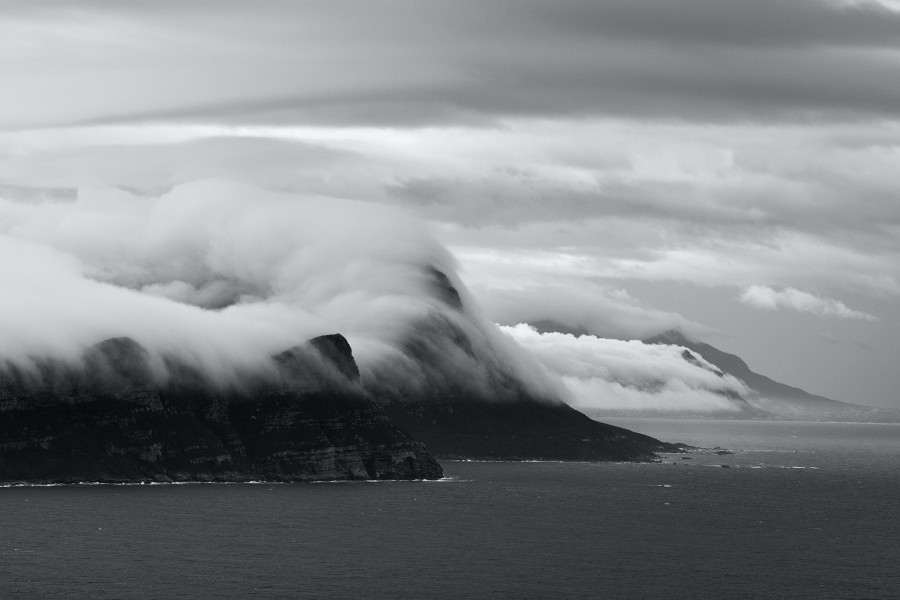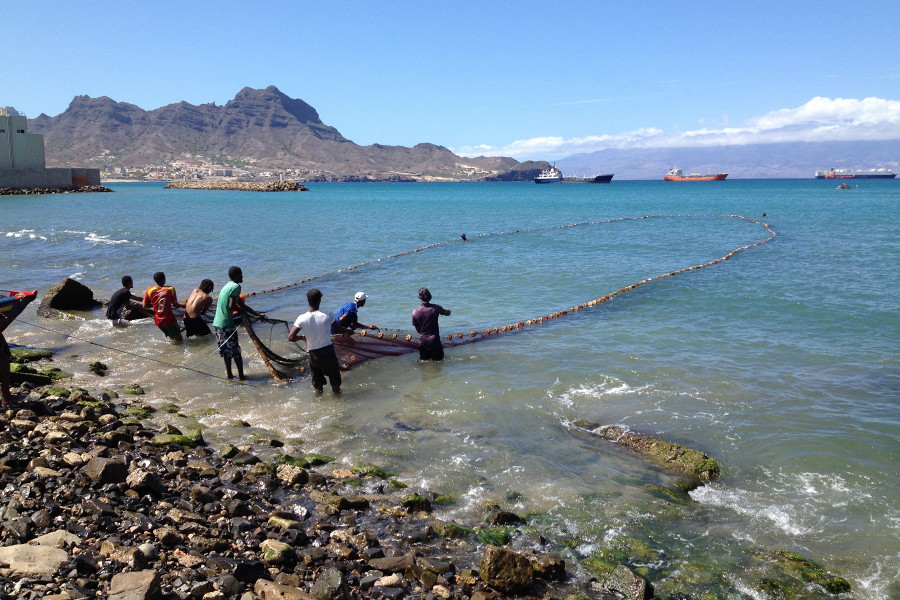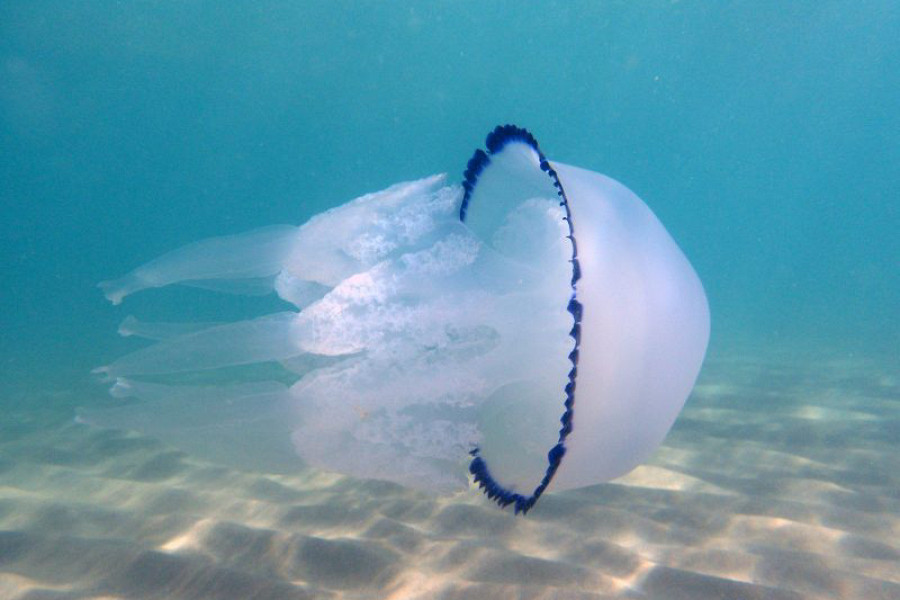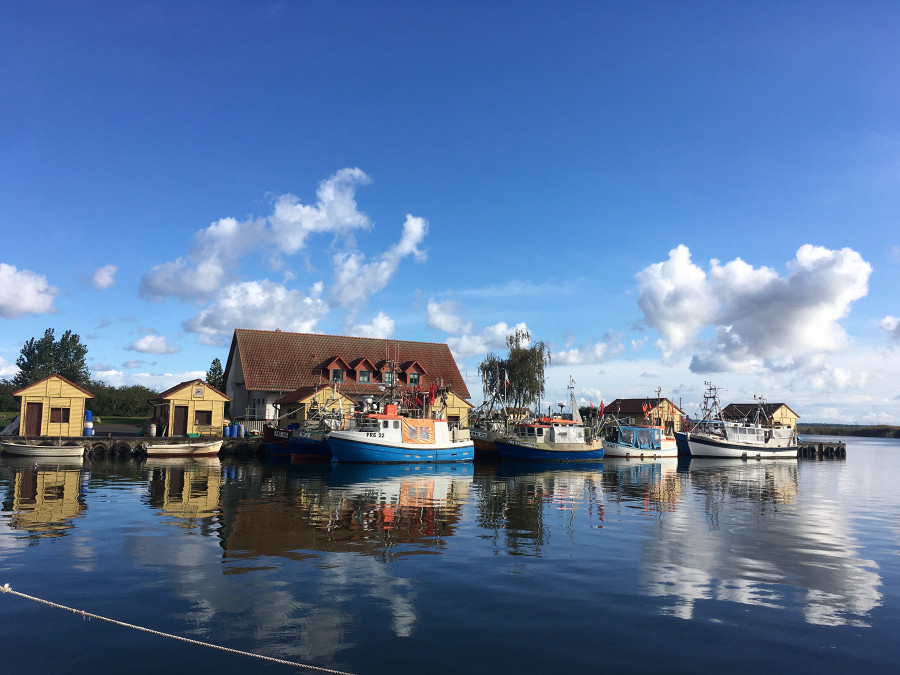Marine Food Security
What is sustainability of marine food production and how can we achieve this objective at societal level? How can our society promote sustainable resource use, food security and human wellbeing – without compromising ecosystem (ocean) health? How can resource users and communities cope with and mitigate the effects of climate change and global changes, what would be sustainable adaptation measures? These and related questions are tackled by researchers of the Team Marine Food Security at the Center for Ocean and Society.
With a globally expanding human population, ocean-based food production (fisheries, aquaculture) represents a great opportunity to meet the growing gap in nutrient provisioning - and to solve the world’s hunger problem. Yet, anthropogenic stressors, accelerating environmental change and the increasingly crowded coastal-marine space and emerging conflicts between economic activities and conservation goals render the mere expansion of marine food production challenging. To enhance efficiency in ocean’s resource use we must consume more low trophic level species (seaweed, bivalves, small pelagic fish). The topic Marine Food Security spans global-to-local scales, with flow of seafood and nutrient often depriving the global south to provide high-end product to the global north. Such centralisation and globalisation of the food market however contextually results in reduced competitiveness for small-scale fishers in the global north as well, who are gradually being eroded out of profitability leading to a loss of jobs, traditional knowledge and capability of catering for locally produced and often sustainably harvested seafood. Disentangling the diverse interactions in marine food systems and bridging the human-nature divide that exists in conceptual and methodological terms, are all crucial steps in informing governance for sustainable use of marine resources. In light of the ongoing discourse on social-ecological tipping points, it is crucial to understand how resource users react and adapt to such changes, and how they and the entire food system confront future developments as to ensure food production and security. Understanding the social dimension of, and complex interactions within marine food systems and the transformative power of disturbance events becomes extremely important for discussions on future sustainability.
Methods
This topic engages with theoretical frameworks such as carrying capacity and social-ecological sustainability of marine food production, applying among others, ecosystem modelling, social-ecological network approaches, interviews and surveys for capturing transdisciplinarily human-nature interactions in marine food systems and evaluating institutional boundaries and identifying barriers to sustainability transformation. The team studies persistence, adaptability and transformability (such as shaping resilience) and potential tipping points of complex food systems amidst abrupt and permanent stressors with a mix of natural and social science-based approaches.
Projects
South and Tropical Atlantic climate-based marine ecosystem prediction for sustainable management (TRIATLAS)
In the TRIATLAS project, scientists are investigating the state of the ecosystems of the tropical Atlantic and the South Atlantic.
Artisanal fisheries contribute importantly to nutrition in the African archipelagic state of Cape Verde.
The GoJelly project is looking for ways to use jellyfish as a source of innovative solutions to combat marine pollution.
Alternative futures of the Northern Humboldt Current upwelling system under Shared Socioeconomic Pathways
Managing ghostnet fishing in the Colombian Pacific with a community-based strategy










-lg.jpg)


